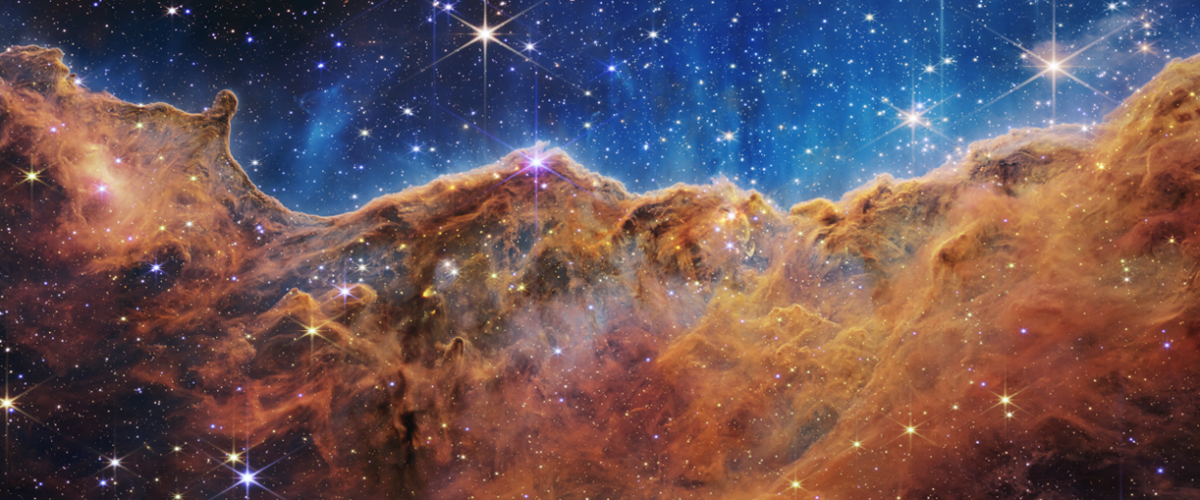S. Israel: Measuring the Muon's Anomalous Magnetic Moment at Fermilab
- Starts: 10:00 am on Monday, April 28, 2025
- Ends: 11:00 am on Monday, April 28, 2025
The E989 Muon g-2 experiment at Fermilab aims to measure the muon's anomalous magnetic moment, a_mu, with a precision better than 200 parts per billion (ppb). This quantity is determined from the difference between the muon's cyclotron frequency and its spin precession frequency in a uniform magnetic field, as measured in the g-2 storage ring. The spin precession frequency is extracted from the time distribution of positrons produced in muon decays, detected by 24 electromagnetic calorimeters arrayed around the inner circumference of the ring.
In April 2021, the experiment published its Run-1 results, confirming the earlier measurement by Brookhaven National Laboratory with a precision of 460 ppb. The combined Runs 2 and 3 results, published in 2023, halve this uncertainty to 215 ppb. However, the tension between experimental results and the Standard Model prediction remains inconclusive. Analysis of data from Runs 4, 5, and 6 is underway, benefiting from a four-fold increase in statistical precision compared to Runs 2 and 3, which is expected to further reduce the total uncertainty.
This presentation will provide an overview of the experiment, with a focus on the determination of the anomalous spin precession frequency, improvements across successive data runs, preliminary insights from blinded data in Runs 4–6, and the path toward finalizing the full analysis.
- Location:
- PRB 595
- Speaker
- Scott Israel
- Institution
- Boston University
- Host
- Jim Miller
